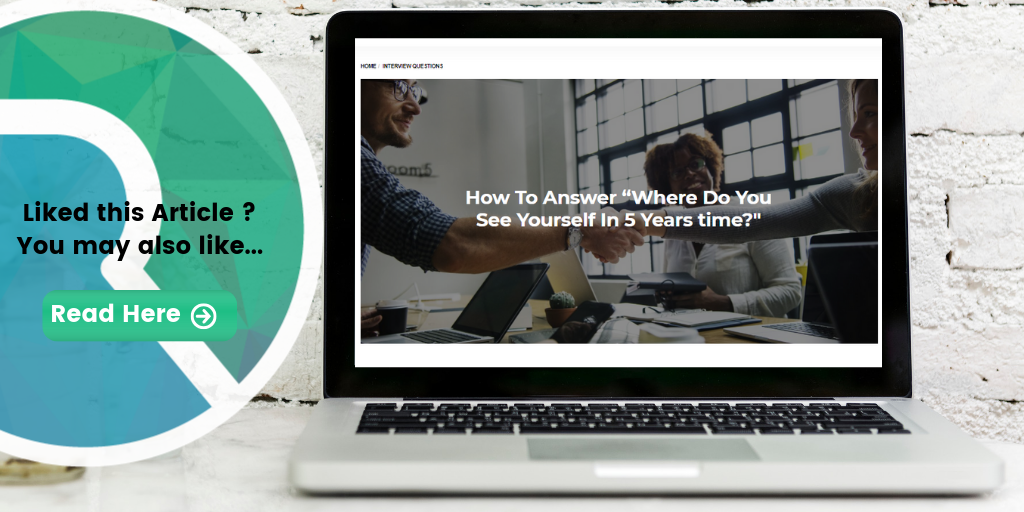What is your biggest weakness? When you’re in a job interview, there is a good chance this question will come up at some point. Many candidates struggle with finding the most appropriate response.
It’s important not to reveal weaknesses that say you can’t do the job at hand. It’s also important to avoid cliche answers like a strength disguised as a weakness. “I am a perfectionist” is not a weakness. It’s a cop-out.
What you should do is talk about weaknesses you can spin into something positive. Tell your interviewer you recognize your weaknesses and what your plans are to improve upon them.
Here are five weaknesses to choose from the next time you have a job interview:
1. “I used to be a little unorganized, but I started using this tactic and my organization skills have really improved.”
Organization is a good skill to have, but interviewers know that not all people are created equal in this area. Some candidates are born perfectionists and others have to work a lot harder at it. If organization isn’t one of your strong suits, this might be a good answer for you. Explain the specific method of organization you started using that has allowed you to be more organized. Your interviewer will be interested to hear how you’re improving.
2. “I used to wait until the last minute to turn in assignments by their deadlines, but now I’ve started working ahead.”
Meeting deadlines is an essential skill for many jobs. This answer shows you don’t have a problem meeting deadlines but you’re trying to be more efficient and proactive about them. This essentially says you used to procrastinate, but you’re working on it. Again, explain exactly how you’ve turned (or started turning) things around. What are you doing differently to motivate yourself?
3. “I used to like to work on one project at a time, but now I can work on multiple and produce higher quality work.”
Multitasking is another skill interviewers love to hear about. In a job that requires lots of assignments happening at the same time, it is essential. If your weakness is multitasking, talk about a specific system you use to work on multiple projects. Also, if you go with the second part about higher quality work, explain what you mean. For instance, “Having multiple projects allows me to switch my focus throughout the day so I come up with fresh ideas.”
4. “I used to spend more time than necessary on tasks, but now I’ve learned to be more confident in my decisions and I work more efficiently.”
This one is all about efficiency. It’s kind of like saying you’re a perfectionist, but there’s more sincerity to this answer. Talk about how you spend too much time on projects because you want them to be the best you can make them before you hand them over to someone else. It’s always a good idea to throw in some specific examples, as well.
5. “I used to get really excited about new projects and would take on too many at once, but now I am learning when I’ve reached my limit.”
Taking the flip side of the previous weakness, trying to take on too much is another answer that works well. It shows you like to take on new tasks, but you might spread yourself thin on occasion. Like always, provide specific examples. Talk about how you’ve learned to prioritize and when to say “no” to another project.
No matter what weakness you go with, make sure you’re honest about it. Your interviewer will recognize a rehearsed, fake answer immediately. They do this all the time. Sincerity won’t steer you wrong.




